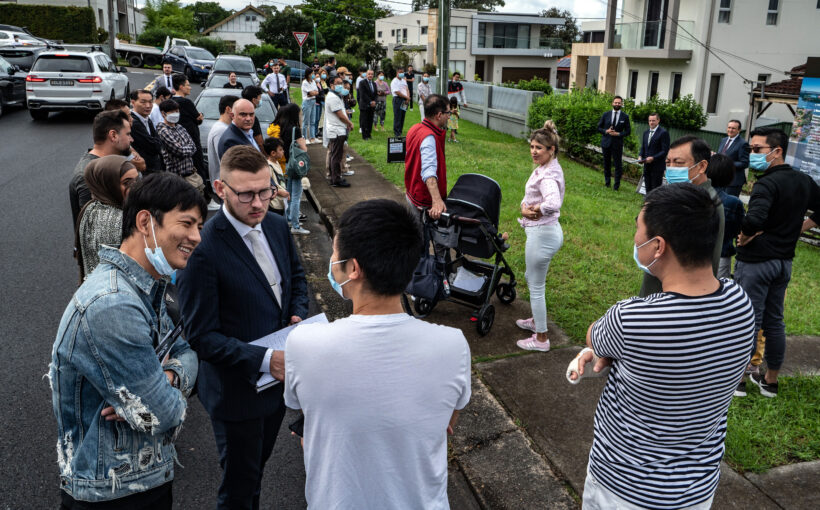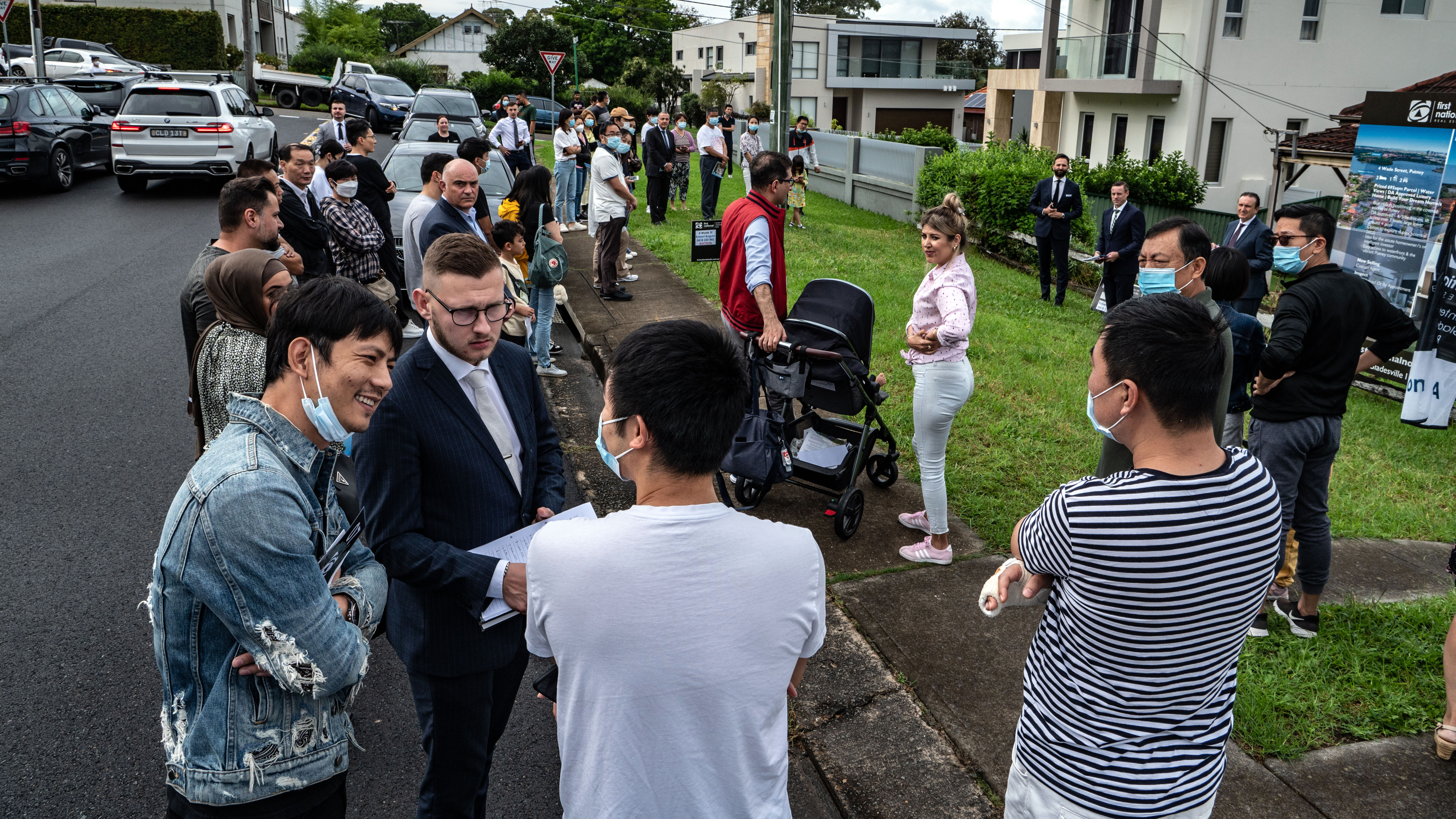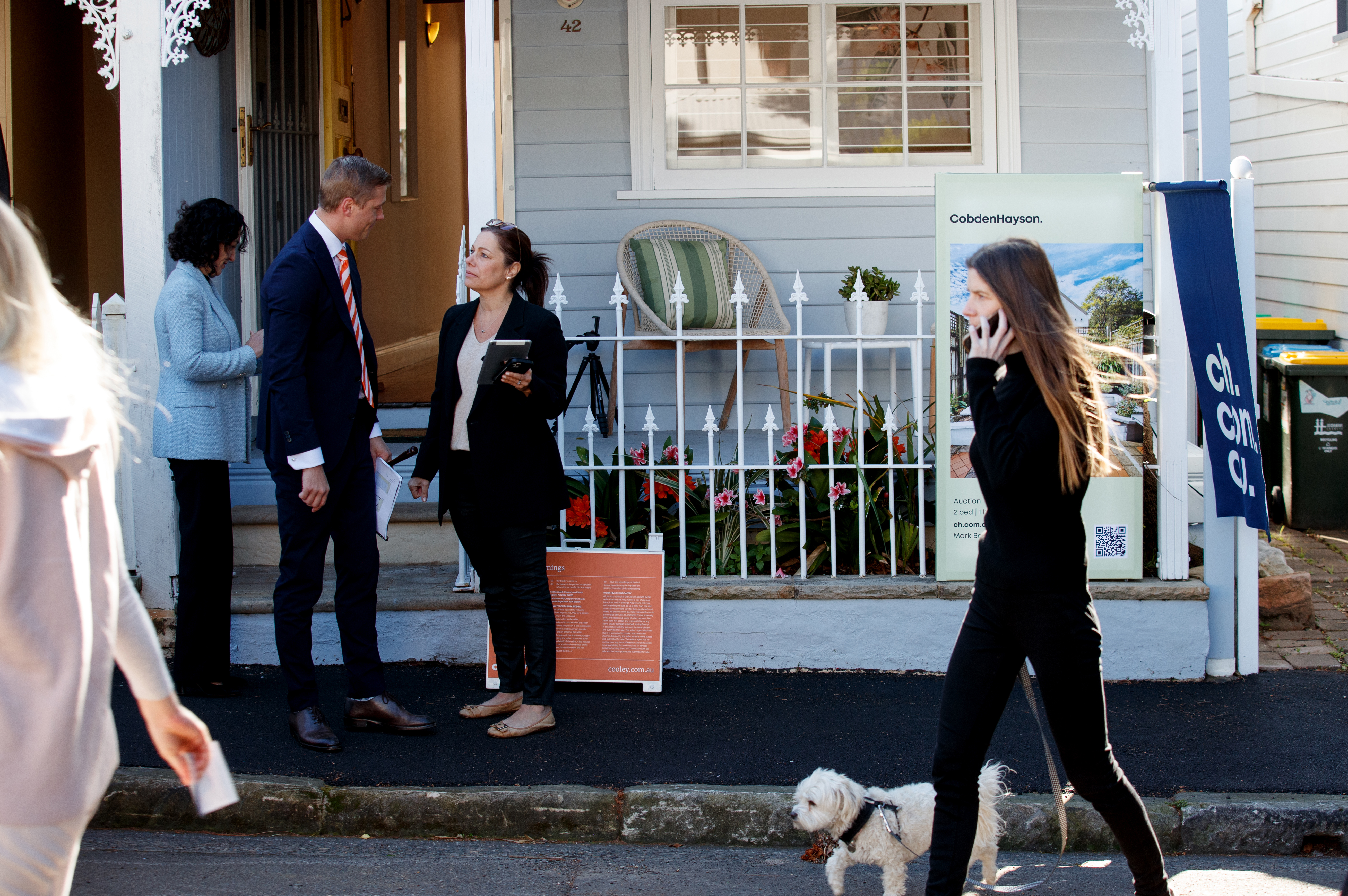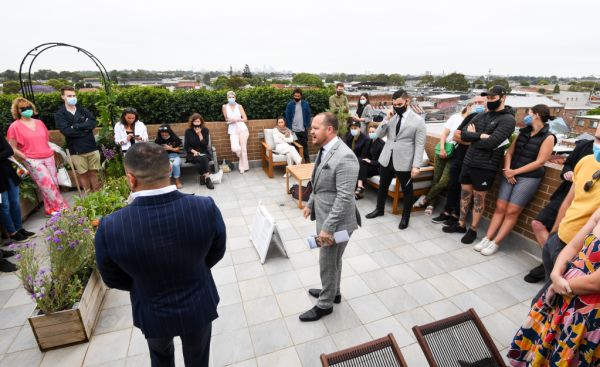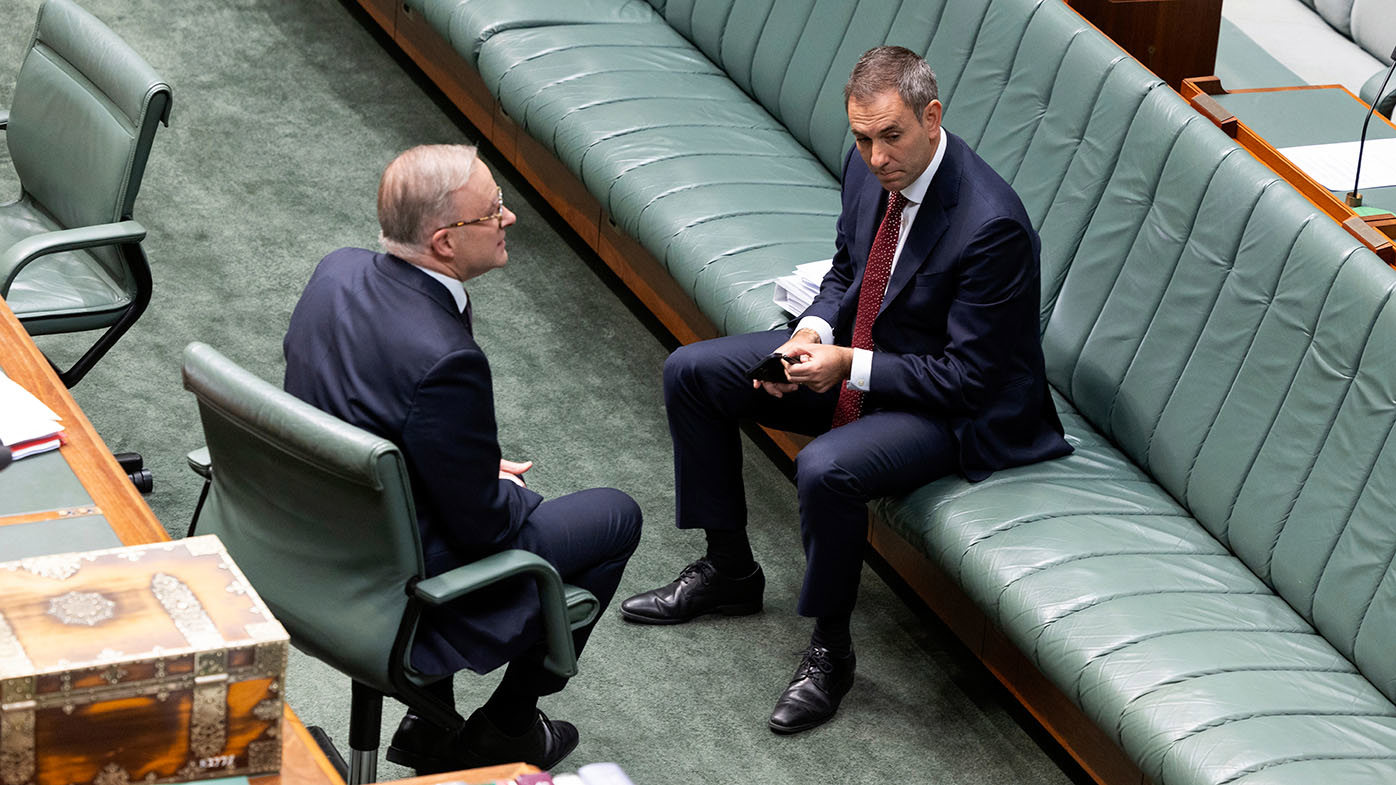Negative gearing is back on the political agenda following a report that the federal government has asked the Treasury to investigate a potential overhaul of the billions in tax concessions Australia provides to investment property owners.
Prime Minister Anthony Albanese didn't deny the Sydney Morning Herald report when asked about it hours after it was published, nor did he rule out changes to negative gearing or capital gains tax concessions.
Opponents – including the Greens and other crossbench parliamentarians – claim the two tax policies are worsening the housing crisis.
So what actually is negative gearing, and how do the tax concessions impact investment properties? Let's take a look.
READ MORE: Inflation slows to lowest level in three years
What is negative gearing and how does it work?
Negative gearing is a tax concession that applies when the cost of owning an investment outweighs the income it generates. The owner can then deduct that net loss from their overall income and lower their total taxable income, and therefore reduce their tax bill.
It can apply to any kind of investment in Australia but is most commonly associated with investment properties.
In practice, it means if a landlord earns, say, $40,000 in rent but spends $50,000 in interest payments and ownership costs on that same property, they can apply a $10,000 deduction to their taxable income.
READ MORE: The surprise city that's one of Australia's most affordable to buy in
What does capital gains tax have to do with negative gearing?
One of the factors that can encourage people to negative gear, even though that means running an investment property at a loss, is Australia's concessions on capital gains tax.
Under these, if someone sells an asset after owning it for more than a year and makes a profit (or capital gain), only half of that profit is taxed.
Because home prices in Australia often rise so quickly, that means investors can earn significant capital gains from selling properties after a few years, making negative gearing particularly worthwhile.
"While making a loss on an investment property or shares might initially seem counterintuitive, some people are willing to do this in the expectation that the capital gain when they sell the asset will more than offset that loss," the federal Treasury says.
Who benefits most from negative gearing?
According to tax analysis by Treasury released in January, 1.1 million Australians had negatively geared properties in 2021-22, and most of the financial benefits from concessions given to investment property owners go to high-income owners.
"Rental deductions are most commonly claimed by those with higher taxable incomes, with individuals in the top 30 per cent of taxable income accruing 65 per cent of the total benefit," it wrote.
The concessions also benefit more men than women, as well as people aged between 40-59.
"In 2020–21, 1.2 million men claimed rental deductions and received an average tax reduction of $8070 – almost $2000 higher than the average for women," Treasury wrote.
"Men received 58 per cent of the tax reduction, whereas women received 42 per cent of the tax reduction…
"More than half of the total tax reduction accrued to those in age cohorts between 40 and 59 years old. This reflects a larger number of rental property owners, higher average deductions and higher average taxable incomes within these age cohorts."
READ MORE: Overhauling negative gearing, capital gains would save government up to $60 billion
How much do investment property tax concessions cost Australia
Tax concessions on rental properties are estimated to have cost the federal budget $24 billion last year alone, according to the same Treasury analysis.
That number is set to increase, too, up to more than $28 billion in 2026-27.
We don't know exactly how much of a benefit the capital gains tax concession provides to property owners, as it also covers all kinds of other assets, but we do have a dollar figure for negative gearing: in 2020-21, negative gearing cost $2.7 billion.
While the government is asking for Treasury advice on changing the policies – and it's important to note it's nothing more than that yet; there's no government policy to wind back negative gearing and capital gains concessions formally announced – some costings have already been done.
In April, crossbench senators David Pocock and Jacqui Lambie commissioned the Parliamentary Budget Office (PBO) to model five different options for winding back the tax concessions, all of which included so-called "grandfathering" provisions – that is, exemptions for existing property investors from the changes.
The analysis found reducing the concessions could save the federal budget between $15.6 and $59.9 billion over the next 10 years, while also making housing more affordable.
READ MORE: Australia's 3G network is shutting down. This is what you need to know
Why are negative gearing and capital gains concessions so controversial?
In addition to Lambie and Pocock, the Greens also support rewinding negative gearing and the capital gains discount, meaning the government would have enough support in parliament to pass legislation that scales back the concessions if it decides to go down that path.
So why is the topic so contentious?
It all goes back to 2019, when Labor was roundly expected to win the federal election, only for it to be soundly defeated and win fewer seats than it did three years earlier.
READ MORE: Are brand-name medicines 'better' than their generic counterparts?
That result was largely attributed to the promise to halve the 50 per cent capital gains tax deduction and limit negative gearing to new properties only, which it took to both the 2016 and 2019 elections.
"I think most Australians would agree that we need to fix the housing crisis and negative gearing is part of the problem… (but) because this Labor government got their arses kicked in the 2019 election, they won't talk about fixing negative gearing," Lambie said in April.
It is worth noting that Australia's housing market is now significantly different to what it was in the mid- to late-2010s, particularly in regard to rentals.
National rent prices rarely rose by more than 1 per cent a year during the 2010s, particularly in the latter half of the decade.
But they have soared by upwards of 7 per cent more recently, while property prices have also surged, locking many prospective first-home buyers out of the market.
That's why the Greens and crossbenchers like Lambie and Pocock, as well as many of the teal independents, have called for negative gearing and the capital gains discount to be wound back.
"These unfair tax handouts are driving the rental and housing crisis," Greens leader Adam Bandt said.
"They help wealthy property investors buying their seventh property and hurt renters trying to buy their first home."
But if the government does adopt a policy to change negative gearing and capital gains, it will guarantee another stoush with the Coalition, which has committed to opposing any changes.
